JournalismPakistan.com | Published November 12, 2014 | Daud Malik
Join our WhatsApp channel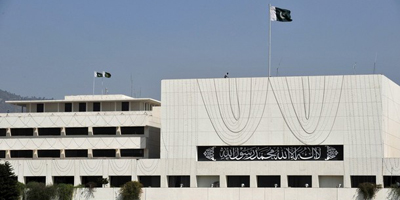
ISLAMABAD: Proposing to give the Supreme Court “power” to inquire about sources of journalists’ information, a draft bill - the Protection of Journalists 2014 - moved by Jamaat-e-Islami legislators in the National Assembly calls for setting up a National Press Council for “rapid resolution of journalistic problems”.
Introduced by Shaibzada Tariq Ullah, Shaibzada Muhammad Yaqub, Sher Akbar Khan and Aisha Syed, the bill says the council’s membership will comprise a member each from Pakistan Federal Union of Journalists, All Pakistan Newspapers Employees Council, All Pakistan Newspapers Society, Pakistan Broadcasters Association, Council of Pakistan Newspaper Editors and Chairman Pakistan Electronic Media Regulatory Authority.
The other members will be Secretary Ministry of Information and Broadcasting, Secretary Ministry of Interior and at least one representative of an independent media organization “registered under laws of Pakistan…”.
The main tasks of the council, according to the draft legislation, will be to give “proposals and programs to the government with reference to the protection and problems faced by the journalists during their duty” and “introduce mechanism for the solution of problems of journalists.” It will also create conducive atmosphere in order to “ensure opportunities of personal development, progress and education for the journalists working in private and public sectors”.
Further, the council will “ensure prompt implementation on the complaints of journalists.” Importantly it will also “mediate in cases related with the payment of wages and other benefits between the media owners and employees” besides holding “seminars, consultative programs, conferences and round table talks for the protection of journalists and to maintain the dignity of their work.”
Interestingly, the draft bill calls for “protection of journalists from disclosing the source of information” but in the matters which relate to national security. It proposes to give the Supreme Court of Pakistan “power” to inquire about the sources.
The law asks the government to ensure facilities and support for journalists “according to their status as the guardian of public interests for ensuring effectively the freedom of expression as provided under Article 19 of the Constitution.” It seeks cooperation of every government institution to allow journalists “enjoy the right to acquire information including the unpublished information under Article 19(a) of the Constitution.”
According to the bill, the government “will provide special protection to the persons discharging their duties as journalists in any institution (federal or provincial)…”
One of the clauses also calls for supporting women journalists against any “in-discriminatory behavior or sexual harassment in any way” and binding the institutions to “establish a separate working environment for women.”
Bemoaning the fact that 80 journalists have been killed since 2002, the bill regrets none of the killers has been nabbed or sentenced. The International Federation of Journalists says Pakistan is now the most dangerous country in the world for journalists – a situation worsened due to the high level of impunity for crimes against journalists. Of 100 cases of journalist killings since 2000 there have been only two prosecutions.
Unless backed by the treasury benches, mostly the private members’ bills lapse in the National Assembly. However, in the previous 13thNational Assembly, a number of bills moved by private members were approved by the House.

June 11, 2025: Pakistan celebrated a narrow win over Bangladesh, but beneath the jubilation lies a deeper crisis—from sidelined veterans to a collapsing domestic structure—signaling an urgent need for cricket reform.
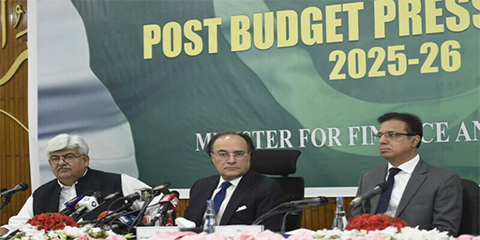
June 11, 2025: Journalists walked out of the post-budget press conference in Islamabad to protest the absence of a technical briefing and the government's dismissive behavior, calling it unacceptable and intolerable.
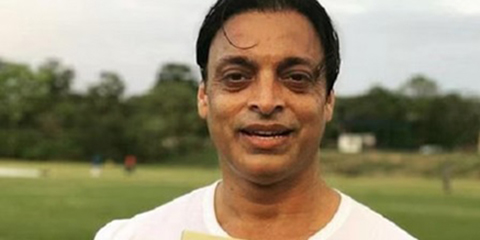
May 31, 2025: Dr. Nauman Niaz has issued a defamation notice to Shoaib Akhtar over derogatory remarks made during a recent broadcast, reigniting a longstanding media feud between the two prominent figures in Pakistan.

May 30, 2025: The Human Rights Commission of Pakistan has demanded the full repeal of PECA, citing its vague language, coercive powers, and threats to free speech and digital rights in Pakistan.
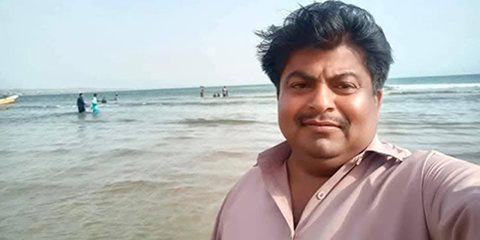
May 30, 2025: The Pakistan Federal Union of Journalists (PFUJ) has condemned the murder of journalist Syed Mohammed Shah in Jacobabad, calling for urgent justice and improved safety for media professionals in Sindh.

May 26, 2025: In Rawalpindi, police allegedly side with Jang Group to block 66 reinstated employees from resuming work despite court orders, drawing sharp criticism from unions and press freedom advocates.

May 25, 2025: PFUJ condemns the Jang Group's decision to dismiss over 80 employees in Rawalpindi, calling it an 'economic massacre.' The union warns of nationwide protests if workers are not reinstated.
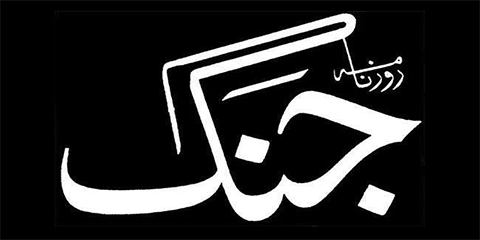
May 25, 2025: Daily Jang Rawalpindi has terminated over 80 employees, including female staff, despite multiple court rulings in their favor—raising concerns over labor rights violations and misuse of authority in Pakistani media.
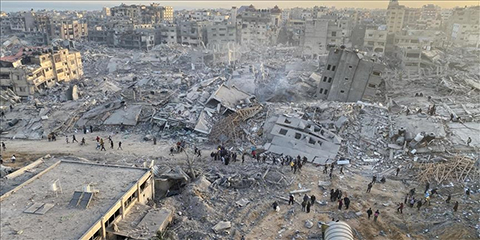
May 19, 2025 PJS reports 219 Palestinian journalists killed in Israeli attacks since October 7, with 30 women among the victims. Over 430 were injured and 685 family members were killed. Read more on the systematic targeting of media in Gaza.

May 15, 2025 Discover the legacy of Samiullah Khan, Pakistan’s legendary "Flying Horse," whose breathtaking speed and artistry redefined hockey. From Olympic glory to World Cup triumphs, his story is one of myth, movement, and magic.
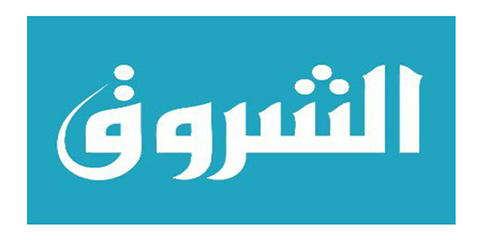
May 04, 2025 Algerian authorities suspend Echorouk News TV for 10 days after it used a racist slur against African migrants. ANIRA demands an apology, calling it a violation of human dignity.

May 04, 2025 NCHR and MMfD launch a journalism fellowship to train reporters on digital rights & gender inclusion in Pakistan. Supported by UNESCO, this initiative aims to bridge the gender digital divide. Apply by May 15, 2025!
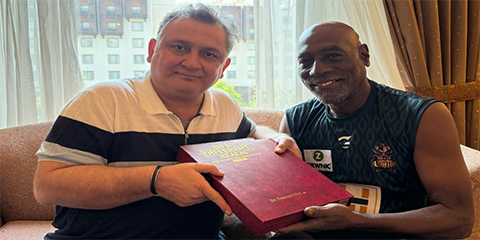
April 23, 2025 Discover Dr. Nauman Niaz’s In A Different Realm: Story of Quadruple & Triple Centuries 1876–2025, a profound exploration of cricket's most monumental innings, blending historical analysis with poetic narrative.